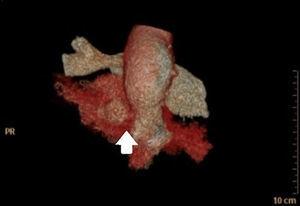Artificial intelligence (A.I.) has been present in the field of medicine and intensive care units (ICUs) for decades, although its development has been gradual and often underestimated. A.I. has gradually been integrated into intensive care medicine, a process dating back to the 1970s and 1980s.
One of the first A.I. systems in medicine was MYCIN, developed in the 1970s to diagnose bacterial infections.1 MYCIN used rule-based medical knowledge to provide specific recommendations, marking a significant milestone in the history of A.I.
In the 1980s, interest in A.I. within ICUs continued to grow with the development of systems such as HELP, which integrated clinical data to assist in medical decision-making.2 Although these systems represented a promising advance in ICU care, their implementation was slow and, in many cases, limited to research centers or pioneering hospitals.
Despite these and other advancements, the adoption of A.I. in medicine has been slow and often overlooked. Although improvements in processing power and machine learning algorithms have made A.I. more sophisticated and accessible, progress has been incremental. Currently, with the rise of technology and digitalization, A.I. is seen as an innovative solution,3 though its evolution has been steady and progressive.
Beyond ethical challenges such as privacy and equitable access to A.I., we must also examine the medical profession’s resistance to A.I., often justified by the fundamental value of empathy and human interaction with patients and their families. This justification may be a complacent argument that prevents a more critical analysis of reality. If we fail to question and reassess the role of empathy in a context where A.I. has the potential to significantly improve clinical outcomes through more accurate diagnoses and optimized treatments, we run the risk allowing this gradual technological revolution to rapidly and irreversibly transform the current paradigm. The history of professional evolution shows that disciplines are reshaped by technological advancements. If the integration of A.I. in intensive care medicine is not proactively addressed, the physician’s role in direct patient interaction could be progressively diminished.4 However, this integration should also involve new professional profiles that facilitate interdisciplinary collaboration in A.I. systems and data management.5
It is imperative that the medical community reflects on its role as the guardian of clinical judgment, medical ethics, and patient-centered care. Physicians must position themselves as leaders in A.I. integration, maintaining critical oversight of technology’s application in the routine clinical practice rather than delegating decision-making entirely to algorithms.
FundingNone declared.
A very special thanks to Jero and Gabi, Sanhedrin's advice.




